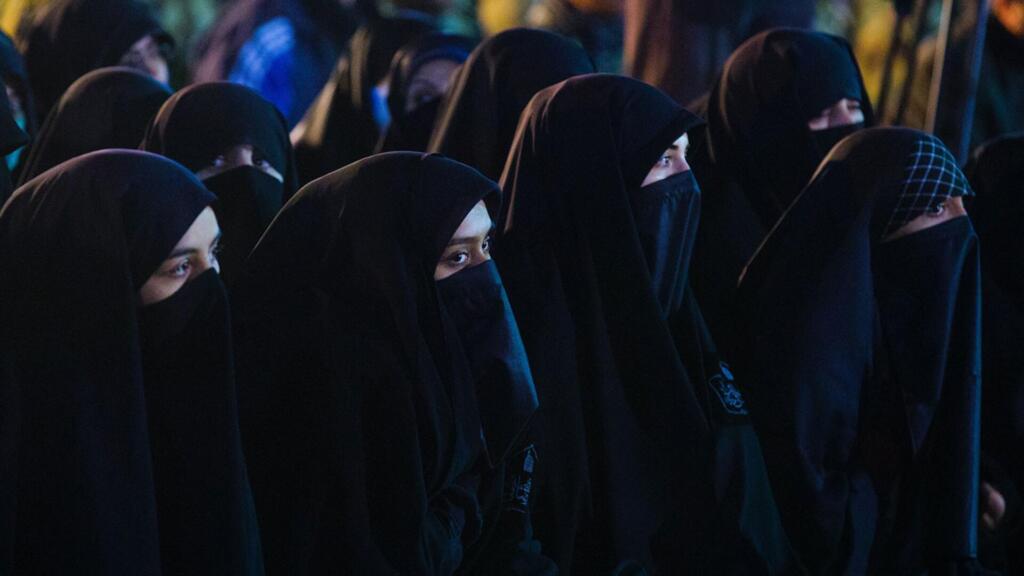In a groundbreaking decision, the Supreme Court has affirmed that divorced Muslim women can claim maintenance under Section 125 of the Code of Criminal Procedure (CrPC). This ruling marks a significant shift in the legal landscape, emphasizing the rights of Muslim women in matters of financial support post-divorce.
The two-judge bench, comprising Justices BV Nagarathna and Augustine George Masih, delivered concurrent judgments. They emphasized that Section 125 of the CrPC applies to all married women, regardless of their religious background. This interpretation broadens the scope of the law, ensuring that Muslim women are not excluded from seeking maintenance.
The Case in Question
The ruling came in response to a plea from a Muslim man challenging a Telangana High Court order. The high court had directed him to pay monthly maintenance of Rs 10,000 to his ex-wife. The petitioner argued that divorced Muslim women should seek relief under the Muslim Women (Protection of Rights on Divorce) Act, 1986, rather than the CrPC.
Muslim Women’s Rights and Legal Provisions
The court rejected the argument that the 1986 Act supersedes Section 125 of the CrPC. Instead, it affirmed that Muslim women have the right to seek maintenance under both laws. This decision reinforces the principle that secular laws can coexist with community-specific legislation, providing multiple avenues for legal recourse.
Furthermore, the court clarified that if a Muslim woman is divorced during the pendency of a petition under Section 125 of the CrPC, she can also seek relief under the Muslim Women (Protection of Rights on Marriage) Act, 2019. This additional option strengthens the legal framework supporting Muslim women’s rights.
Significance for Muslim Women
This ruling is particularly important for Muslim women as it:
1. Ensures their right to financial support post-divorce
2. Recognizes the value of homemakers’ contributions
3. Provides additional legal options for seeking maintenance
4. Challenges traditional notions of gender roles within the Muslim community
Historical Context: The Shah Bano Case and Its Aftermath
The current ruling draws parallels to the landmark Shah Bano case of 1985. In that instance, the Supreme Court had similarly ruled that Section 125 of the CrPC applied to all women, irrespective of religion. However, the subsequent introduction of the 1986 Act had aimed to dilute the impact of the Shah Bano judgment.
The 1986 Act limited maintenance for Muslim women to the iddat period (roughly 90 days after divorce). This led to concerns about the long-term financial security of divorced Muslim women. The current ruling effectively addresses these concerns by reaffirming their right to seek maintenance beyond the iddat period.
Looking Forward: Implications for Muslim Women
This latest ruling reinforces the rights of Muslim women to seek maintenance beyond the traditional iddat period. It acknowledges that maintenance is not charity but a fundamental right of divorced women. The court also highlighted the need for Indian men to recognize and value the role of homemakers.
Justice Nagarathna emphasized this point, stating, “Some husbands are not conscious of the fact that the wife, who is a homemaker, is dependent on them emotionally and in other ways. The time has come when the Indian man must recognize a homemaker’s role and sacrifice.”
Impact on Muslim Personal Law
While this ruling doesn’t directly alter Muslim personal law, it does provide Muslim women with additional legal recourse. This decision strikes a balance between respecting religious practices and ensuring gender equality under secular law. It’s a significant step towards harmonizing personal laws with constitutional principles of equality and justice.
Challenges and Future Considerations
Despite this positive development, challenges remain in implementing such rulings at the grassroots level. Many Muslim women may still face social and cultural barriers in seeking maintenance. Therefore, it’s crucial to:
1. Raise awareness about these legal rights among Muslim communities
2. Provide accessible legal aid to Muslim women seeking maintenance
3. Address societal prejudices that might discourage women from claiming their rights
In conclusion, this Supreme Court decision marks a significant step forward in protecting the rights of Muslim women. It ensures they have access to multiple legal avenues for seeking maintenance, thereby strengthening their financial security post-divorce. This ruling is likely to have far-reaching implications for Muslim women across India, promoting greater gender equality and justice within the framework of personal laws. As society evolves, such judgments play a crucial role in adapting legal interpretations to meet the changing needs and aspirations of all citizens, particularly marginalized groups.
